September 2022
-
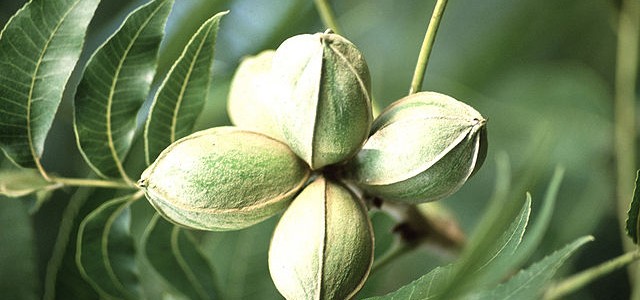
All the wet conditions in the Southeast have brought another hindrance to our farmers–the lack of sunshine associated with high humidity and cloud cover as we get round after round of rain. The lack of sunshine is causing problems for farmers that need the sun’s energy to finish off crops like corn and pecans. Here…
-
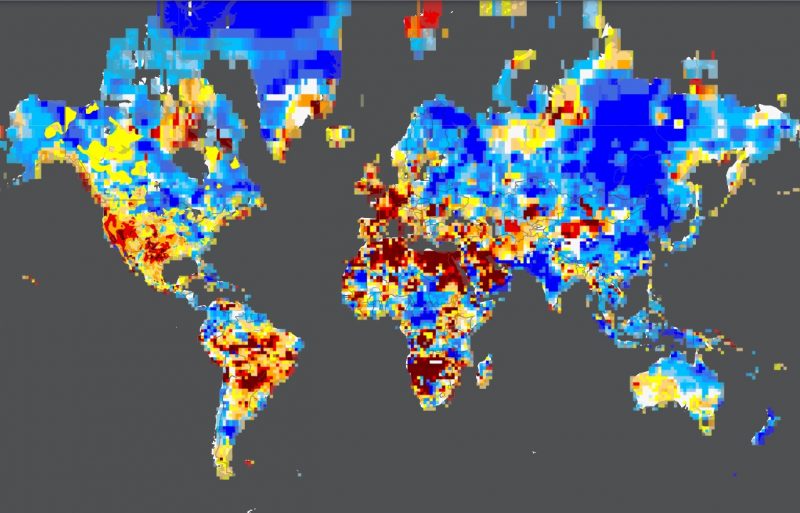
This has been a very dry and hot year in many parts of the world. Europe just experienced its hottest summer ever. Drought has been a big problem in many areas, although not too much in the Southeast for us. EarthSky put a summary of drought conditions around the world together in late August with…
-
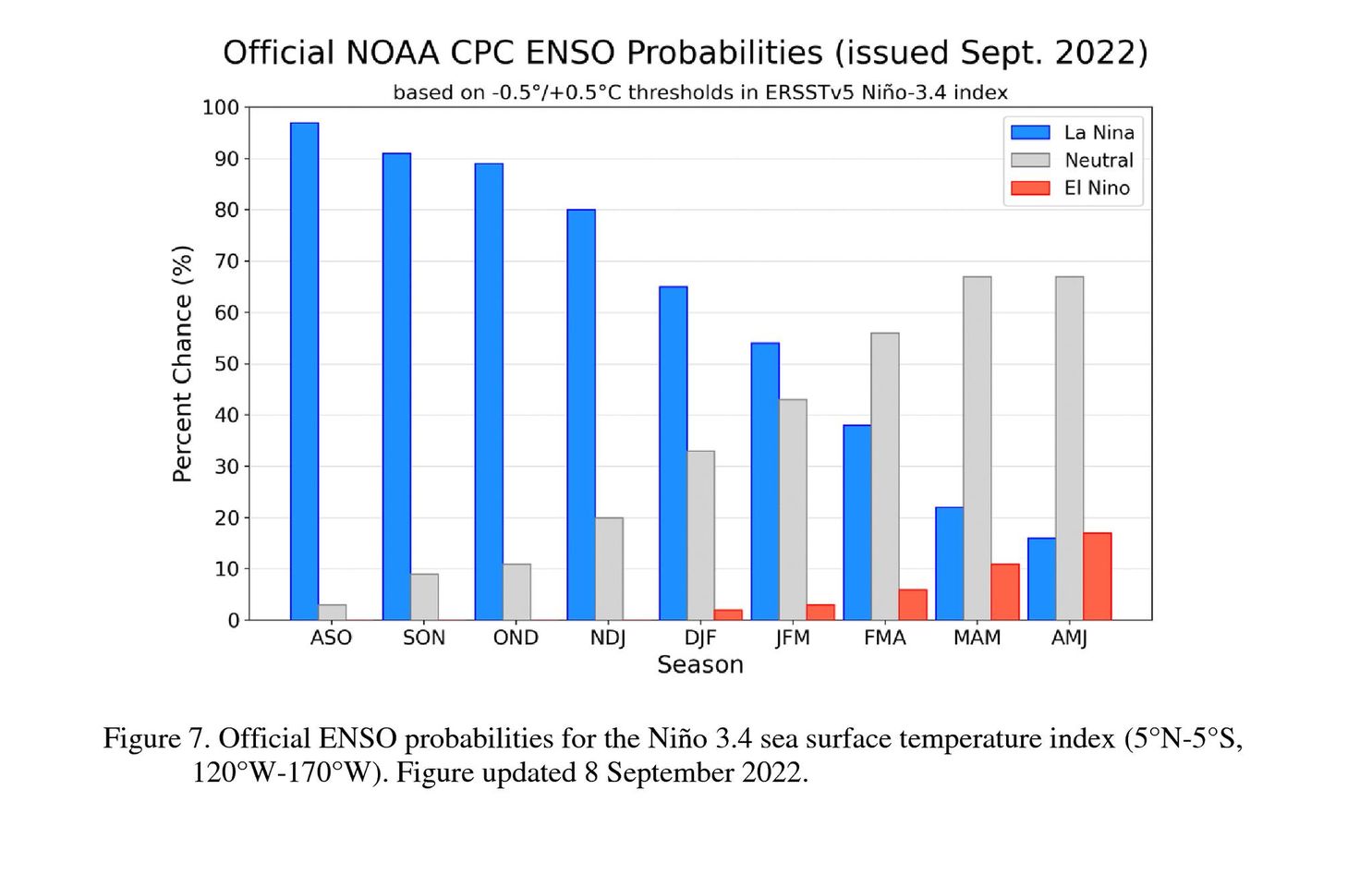
NOAA’s Climate Prediction Center issued their latest ENSO outlook today. It shows that there is a 91% chance that the current La Nina will last through fall, and a 54% chance that it will last through March 2023. Typically, a La Nina winter in the Southeast means an increased likelihood of warmer than normal temperatures…
-
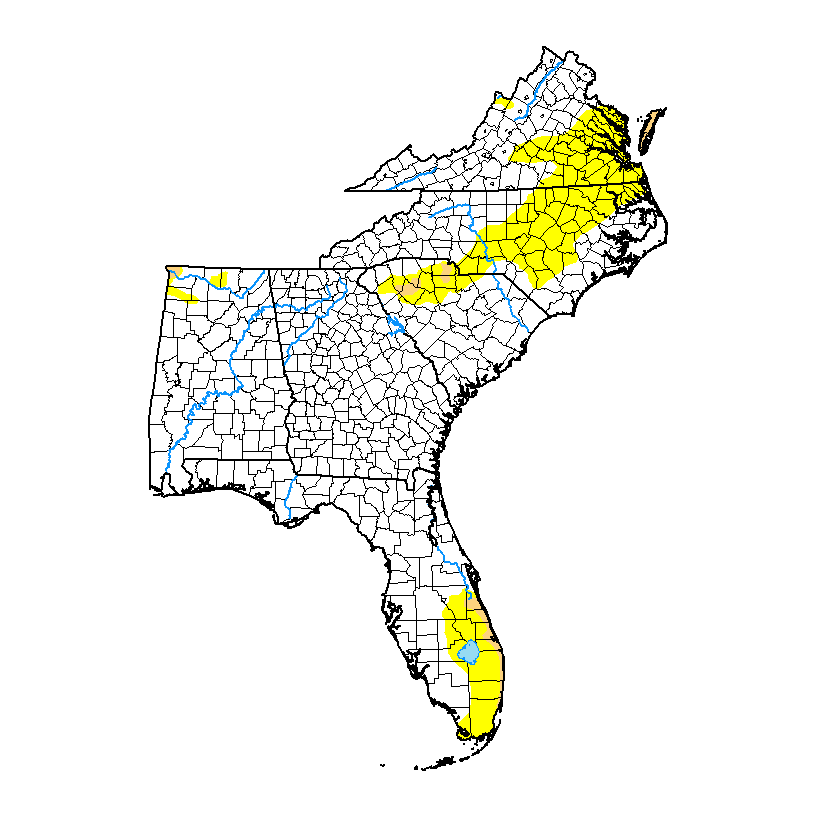
The latest Drought Monitor, released today, shows that the drought in Puerto Rico has significantly improved, with all severe (D2) drought disappearing and a big reduction in moderate drought. This is due to recent rains, including some rain from Hurricane Earl as it moved northeast of the island. In the Southeast, moderate drought expanded on…
Posted in: Drought -
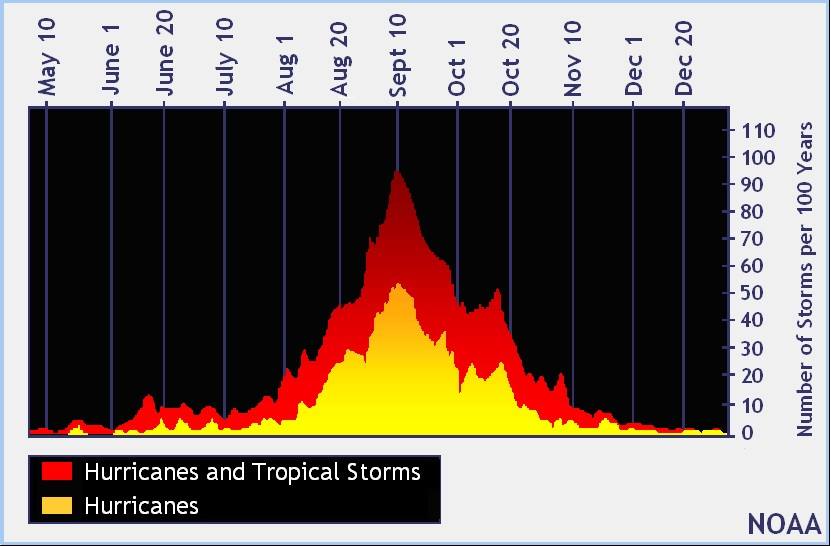
If you know something about hurricane climatology, you probably already know that the peak of hurricane season is in early to mid-September based on the likelihood of a named storm occurring on any particular date. But it turns out that there are different ways to determine it based on counts, tropical storm energy, and other…
-
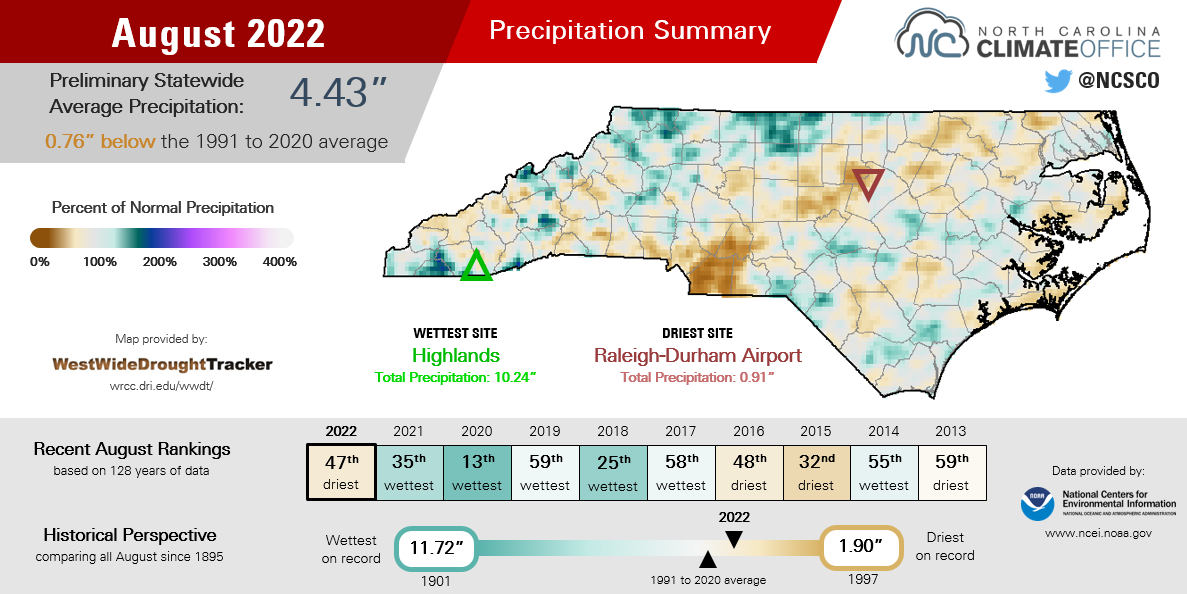
The latest monthly climate summary for North Carolina is now available from their State Climate Office. It shows that their August 2022 was warmer than normal overall and precipitation was varied across the state. You can read more at https://climate.ncsu.edu/blog/2022/09/drought-disappears-in-august-despite-the-tropical-lull/.
Posted in: Climate summaries -

A recent story in Physics Today described some new research from the University of Ottawa, which found the earlier arrival of spring in parts of North America negatively impacts bumblebee survival. This could potentially threaten bee-pollinated agricultural crops and other plant sources since if the bumblebees emerge before their food source blooms, they might not…
Posted in: Climate and Ag in the news